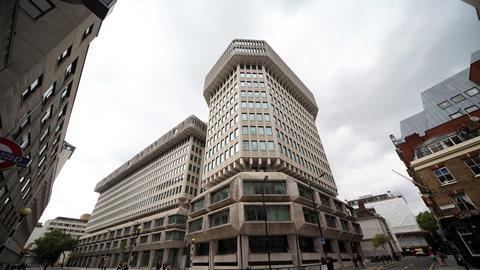The Ministry of Justice does not know whether everyone eligible for legal aid can access it and the government needs to do more to ensure the sector is sustainable, a damning report from the public spending watchdog states today.
And while the MoJ has succeeded in its objective of significantly reducing spending, it cannot demonstrate how much its reforms have saved the public purse, the National Audit Office said.
According to the report, on the government’s management of legal aid, the ministry does not collect sufficient data to understand whether those entitled to help can access it. On market sustainability, the ministry ‘has been slow to respond’ and its ‘reactive approach’ is concerning.
The NAO said: ‘MoJ must take a more proactive approach and routinely seek early identification of emerging market sustainability issues, to ensure legal aid is available to all those who are eligible. Until then, it cannot demonstrate that it is meeting its core objectives and so securing value for money.’
The report points out that civil fees are now roughly half what they were 28 years ago, while the Law Society had to take the ministry to court after criminal fees for solicitors were raised by 11%, not the 15% recommended by Lord Bellamy’s review.
The NAO said the ministry should work with providers on fee levels, suggesting it could liaise with practitioners to understand the profitability of legal aid work and market sustainability, such as through open-book accounting.
An MoJ spokesperson said: ‘Our priority has always been to ensure legal aid is available to those who need it most – evidenced by the fact that in the last year alone we have spent nearly £2bn helping people facing legal difficulties, including thousands of families and domestic abuse victims.
‘This month, we announced proposals for a £21.1m pay boost for criminal legal aid lawyers and we have already increased most criminal legal aid fees by 15% – ensuring representation is available when needed. This is on top of our ongoing root-and-branch review into civil legal aid. We will now consider the NAO’s findings closely.’
Law Society vice president Richard Atkinson said the report landed at a timely moment for the future of civil and criminal legal aid, as both systems ’are on their knees, with evidence showing that it is becoming increasingly difficult for legal aid providers to sustain a business’.
He added: ’This landmark report shines a light on the stringent and successive government cuts to legal aid alongside stagnant fees paid for expert advice provided by the remaining charities and small firms. Too frequently it is said that justice is not a priority for this government, but we would hope recent events will call for reflection on how it supports our courts systems.
’The public do care about justice and are vocal about when it is lacking. Our justice system can no longer be ignored and we urge the government to properly invest in our justice system so the public can have confidence in it.’




























16 Readers' comments